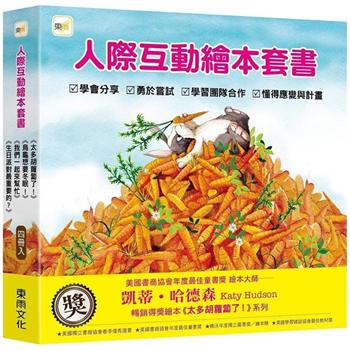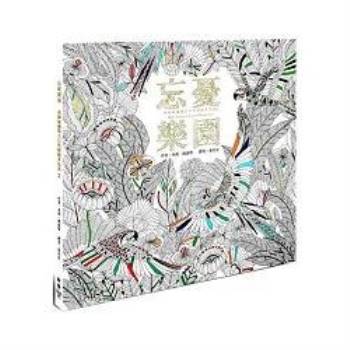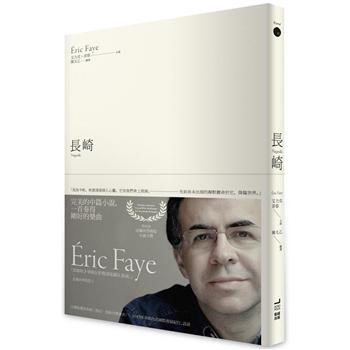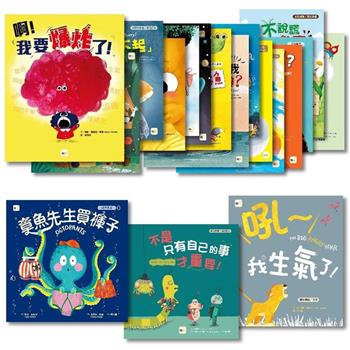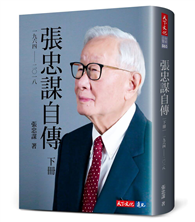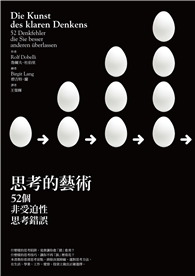Carbon nanomaterials have several applications, which is driving up scientific research into them. The book showcases the most recent advancements and research discoveries rather than just providing an overview. Each chapter offers authoritative insights into the ever-changing field of carbon-based nanomaterials, as written by top authorities in their respective domains. The book stands out for its persistent focus on real-world application. It is devoted to practical applications and is divided into four sections. The intriguing promise of carbon nanomaterials, their synthesis, and their possible uses set the stage for the adventure. Subsequently, the emphasis shifts to agriculture, where nanomaterials have been shown to improve plant health, fend against illnesses, promote growth and development, and even help detect and remove herbicides. The biomedical part explores the potential toxicological ramifications of these materials while introducing the reader to their ground-breaking role in drug delivery, tissue engineering, and the fight against fungal diseases. Overall, the book provides valuable insights and serves as a comprehensive resource for researchers and scientists across various interdisciplinary subjects.
| FindBook |
|
有 1 項符合
carbon-based nanomaterials (synthesis, agricultural, biomedical, and environmental interventions)的圖書 |
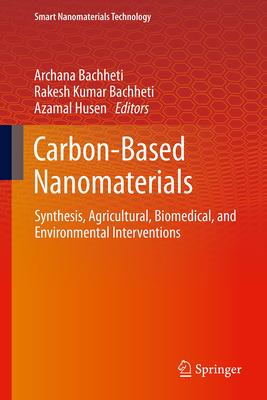 |
$ 11999 | Carbon-Based Nanomaterials (Synthesis, Agricultural, Biomedical, and Environmental Interventions)
出版社:Springer 出版日期:2024-05-01 語言:英文 規格:精裝 / 490頁 / 普通級/ 初版  看圖書介紹 看圖書介紹
|
|
|
內容簡介
作者簡介
Archana (Joshi) Bachheticompleted her BSc in 1997 and MSc in 1999 from HNB Garhwal University. She earned her Ph.D. from Forest Research Institute, Dehradun, India, in 2006. Throughout her career, she has been actively involved in research projects and consultancy work in various areas, including ecorestoration and development of wasteland, physico-chemical properties of Jatropha curcus seed oil in relation to altitudinal variation, and serving as a consultant ecologist for a project funded by a government agency. Currently, Archana is a Professor at Graphic Era University in Dehradun, India. With an extensive experience of more than 17 years, she has served in different capacities within academia in India and has also provided expertise internationally. Her teaching portfolio includes subjects like Ecology and Environment, Environmental Science, Freshwater Ecology, Disaster Management, and Bryophytes and Pteridophytes. Archana’s research interests cover a broad and interdisciplinary field of plant ecology. Her focus areas include ecorestoration, green chemistry, especially the synthesis of nanomaterials, and exploring the medicinal properties of plants. Her research has encompassed ecological amelioration of degraded lands, studying physical and chemical properties of plant oils, and delving into plant-based nanomaterials. Throughout her career, she has been actively involved in mentoring students and researchers. She guided one Ph.D. student and supervised three scholars. Additionally, she has provided guidance to graduate and undergraduate students in their research projects. Driven by her fascination with forest biodiversity, Archana has maintained a passion for exploring the values of biodiversity and how it can contribute to social upliftment. As an editor, she has contributed to six books and has published over 80 research articles in both international and national journals. She has also authored sixteen book chapters. Furthermore, she has organized several National seminars/conferences at Graphic Era University, India.
Rakesh Kumar Bachheti graduated from Hemwati Nandan Bahuguna University, Garhwal, India, in 1996. He completed his MSc in Organic Chemistry from the same university in 1998. Later, in 2001, he underwent a one-year Post Graduate Diploma in Pulp and Paper Technology from Forest Research Institute, Dehradun, India. Subsequently, he pursued his Ph.D. in Organic Chemistry from Kumaun University, Nainital, India, which he obtained in 2007. Bachheti has a total research and teaching experience of 20 Years. Before joining Addis Ababa Science and Technology University (AASTU) in Ethiopia, he worked as Dean of Project (Assistant) at Graphic Era University in Dehradun, India. It’s worth noting that Graphic Era University is accredited with an ’A+’ grade by the National Assessment and Accreditation Council (NAAC). Bachheti is also a Research Fellow at INTI International University Persiaran Perdana BBN, Putra Nilai, Nilai, Negeri Sembilan, Malaysia, and Adjunct Faculty at the Department of Allied Sciences, Graphic Era Hill University, Dehradun, India. Bachheti has an impressive research background and has presented papers at various international (Malaysia, Thailand, and India) and national conferences. He has also been an active member of important committees like the Internal Quality Assurance Cell (IQAC) and the Anti-ragging Committee. His research interests primarily focus on natural products for industrial applications, biofuels and bioenergy, green synthesis of nanoparticles and their applications, and pulp and paper technology. His passion for natural products is evident in all of his research endeavors. As an academic mentor, Bachheti has successfully advised 40 MSc and 6 Ph.D. students to completion. Additionally, numerous undergraduates have conducted research in his laboratory under his guidance. He actively contributes to curriculum development for BSc/MSc/Ph.D. programs. Bachheti is also recognized for his editorial work, having edited 6 books and authored 100 publications on various aspects of natural product chemistry and nanotechnology. He has contributed twenty book chapters published by prestigious publishers like Springer, Elsevier, Tylor and Francis and Nova Publisher.
Azamal Husen is presently working as a Professor atSankalchand Patel University, Visnagar, India; and Adjunct Professor at Graphic Era (Deemed to be University), Dehradun, Uttarakhand, India. He is also working as a Visiting Professor at University Putra Malaysia, Selangor, Malaysia. Previously, he served as Professor and Head of the Department of Biology, University of Gondar, Ethiopia; and worked as a Foreign Delegate at Wolaita Sodo University, Wolaita, Ethiopia. He also worked as a Visiting Faculty of the Forest Research Institute and the Doon College of Agriculture and Forest at Dehra Dun, India. His research and teaching experience of 25 years encompasses biogenic nanomaterial fabrication and application; plant responses to nanomaterials; plant adaptation to harsh environments at the physiological, biochemical, and molecular levels; herbal medicine; and clonal propagation for improvement of tree species. He has conducted research sponsored by the World Bank, the National Agricultural Technology Project, the Indian Council of Agriculture Research, the Indian Council of Forest Research Education, and the Japan Bank for International Cooperation. Husen has published extensively (over 250) and served on the Editorial Board and as reviewer of reputed journals published by Elsevier, Frontiers Media, Taylor & Francis, Springer Nature, RSC, Oxford University Press, Sciendo, the Royal Society, CSIRO, PLOS, MDPI, John Wiley & Sons, and UPM Journals. He is on the advisory board of Cambridge Scholars Publishing, UK. He is a fellow of the Plantae group of the American Society of Plant Biologists, and a member of the International Society of Root Research, Asian Council of Science Editors, and International Natural Product Sciences. He is Editor-in-Chief of the American Journal of Plant Physiology, and a Series Editor of Exploring Medicinal Plants (Taylor & Francis Group, USA); Plant Biology, Sustainability, and Climate Change (Elsevier, USA); and Smart Nanomaterials Technology (Springer Nature, Singapore). He has been achieved the distinguished honour of being recognized as one of the "World’s Top 2% Scientists" for the year 2022, and again for the 2023 by Stanford University, USA. This recognition has also been prominently featured in the Elsevier Data Repository.
|
